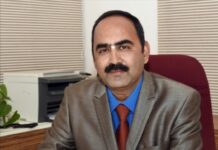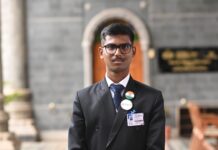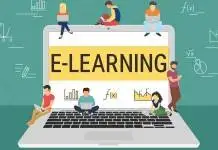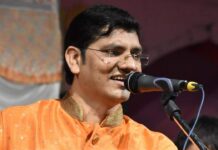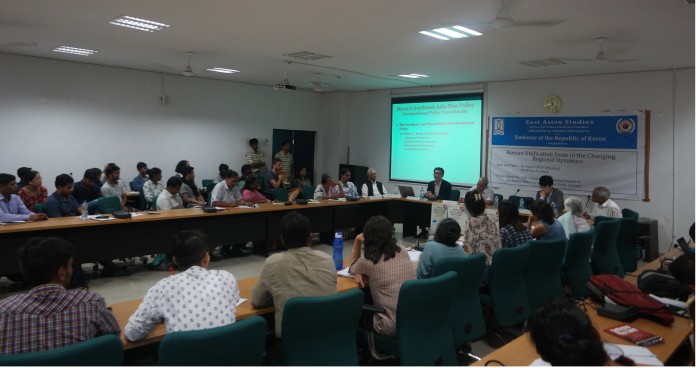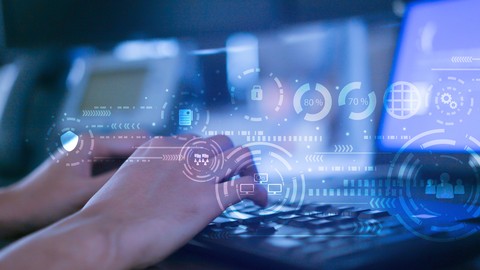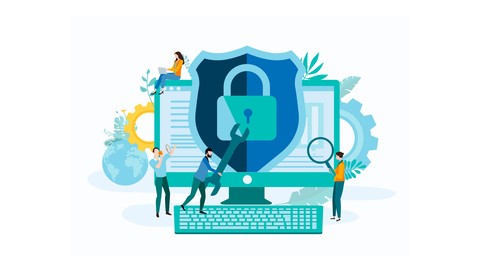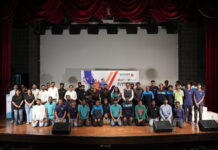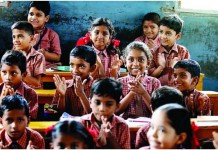The Embassy of the Republic of Korea in cooperation with Centre for East Asian Studies, School of International Studies (SIS), Jawaharlal Nehru University (JNU) held a Seminar on the theme ‘Korean Unification Issue in the Changing Regional Dynamics’. The purpose of the Seminar was to share ideas with Indian academics, researchers, students, policy analysts and opinion leaders on issues pertaining to Korean unification in a rapidly changing regional situation. The seminar included a mix of lectures, discussions and Q&A session and was attended by over 100 participants.
Professor Srikanth Kondapalli, Chairperson, Centre for East Asian Studies, SIS, JNU, delivered the welcome address and Dr. Jitendra Uttam, Centre for East Asian studies, presided over the seminar.

Important Announcement – EasyShiksha has now started Online Internship Program “Ab India Sikhega Ghar Se”

Making the inaugural remarks, Mr. Lee Hai-Kwang, Charge d Affaires at the Embassy of the Republic of Korea, New Delhi appreciated the strong interest of Indian people in Korean unification issue. He said that reunification of two Koreas is a humanitarian and sacred goal of South Korea, involving great powers such as the U.S., Japan, China, Russia, having their own national interest to serve, which some time are cooperating and some time confronting. Beyond these four major powers, India is also emerging as fifth power with the potential to play important role in facilitating Korean reunification. However, the primary concern of Korean government at this moment is to lessen the tensions on the Korean peninsula and establish enduring peace and the reunification will be the next natural course. In his inaugural remarks, Prof. A.K. Pasha, Associate Dean, SIS, JNU echoed the same sentiments when he said that the situation on the Korean peninsula is unnecessarily aggravated by external forces. Every time an attempt is made for reunification, it is derailed by external forces. He further said that the policy of sanction, isolation and regime change have so far proved futile and advocated that India should use its weight in the emerging global scene to help establish lasting peace on the Korean peninsula.
Top Software Engineering Courses
The two young professors Cho Young-chul, Chonbuk National University, South Korea and Paik Woo-yeol, Yonsei University, South Korea made powerful presentations, giving a Korean perspective on the reunification issue. In his presentation titled as Korea’s Reunification Issues in the Changing Regional Dynamics, Prof. Cho underscored the need to view North Korea from a perspective other than dominant western perspective so as to understand that country, its leaders and the regime. He argued that a change in the regime is needed, however, any meaningful change in North Korea should be done by North Korean people. He further said that the primary need on the Korean peninsula is the establishment of peace and reunification can follow. He added that South Korea does not desire North Korea’s collapse and does not want to work towards unification through absorption. What it seeks is the establishment of peace and once peace is established, unification will be realized naturally through agreement between South and North Korea. This is also the approach of the Korean President Moon Jae-in. He cautioned that
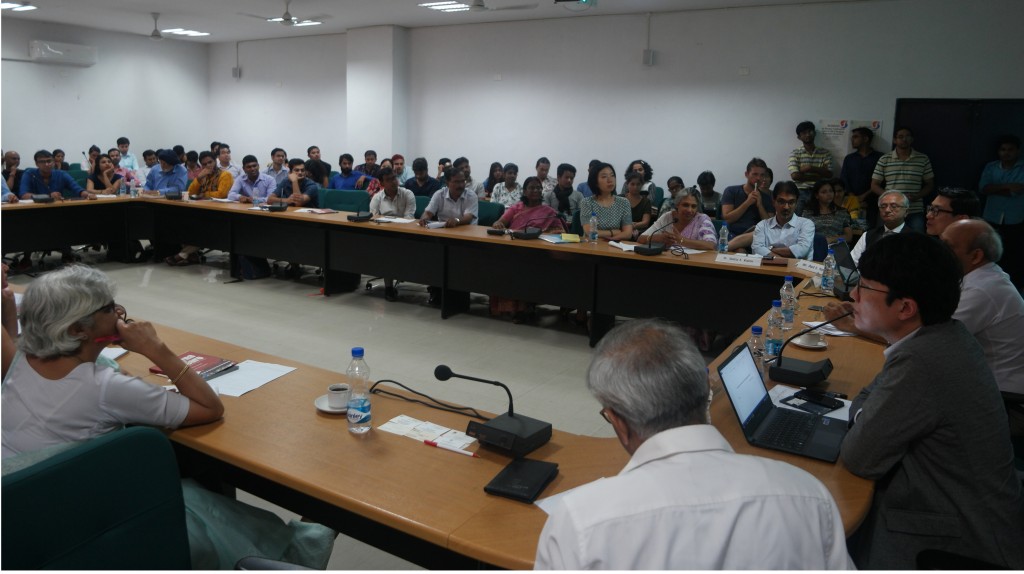
South Korea should resist the false strategic choice of having to choose sides between Beijing and Washington in a regional power competition. Prof. Paik in his presentation talked about evolving Korea-India relations and argued that priorities and goals of Korean President Moon’s Northeast Asia Plus Responsible Community and Modi’s Act East Policy converge, giving the two countries solid grounds to work together to meet common security concerns. Elaborating further, he said that in Modi’s Act East Policy South Korea can be a new security partner across Asia. Since South Korea is a major partner of US-led security alliance, it is a natural partner for India’s security scheme. Similarly, in President Moon’s Northeast Asia Plus Responsible Community policy and, more specifically, New Southward policy India is an important pillar due to its high economic growth and security preeminence in South Asia. Highlighting the imperative of peace on the Korean peninsula, he said that President Moon’s priority is establishing peace on the peninsula. As for the role of India in establishing peace on the Korean peninsula and eventual unification, there is scope for two countries work together to achieve these goals.
Former Ambassador to Korea, Skand R. Tayal, Visiting Professor, Department of East Asian Studies, University of Delhi and Dr. Sandip K. Mishra, Centre for East Asian Studies, SIS, JNU were the discussants. Ambassador Tayal commented that the new regional order in the East Asia is yet to emerge. He argued for a multi-polar order in the region. He pointed out that whenever East Asia has been uni-polar, tragic consequence have followed. So, all countries of the region should strive for multi-polarity in the region. He also commented that South Korean people seem to have reconciled with nuclear North Korea and similarly reunification is now a distant goal. Dr. Sandeep Mishra said that in India, Korean unification is viewed as bilateral problem between two Koreas and a regional issue for four big powers. He further said that Except South Korea, other involved parties are not keen for reunification. He proposed another approach to involve countries like India, Pakistan, Indonesia, having diplomatic relations with both Koreas to play a helpful role in reunification. The seminar ended with Q&A session in which the participants showed keen interest in the issues of Korean unification.
Empower your team. Lead the industry
Get a subscription to a library of online courses and digital learning tools for your organization with EasyShiksha
Request NowALSO READ: Creating-formidable-workforce-digital-marketers
Get Course: Zero-to-Hero-in-Python-GUI-Development



